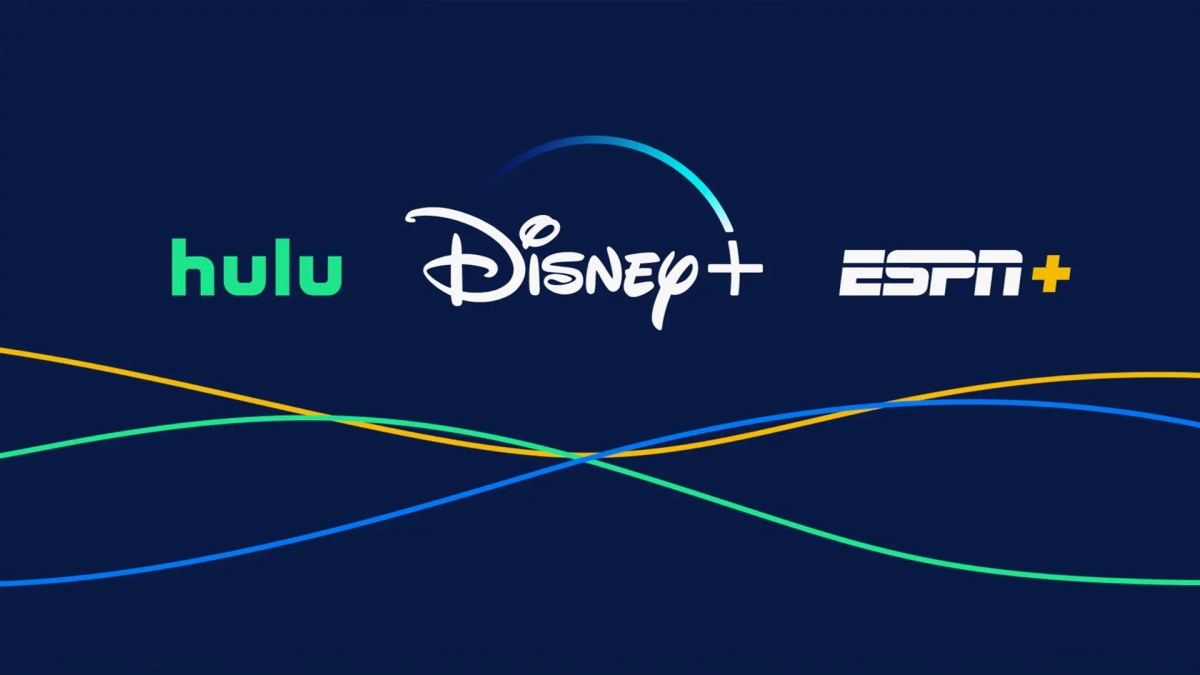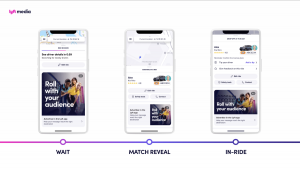
After Netflix, Disney is cracking down on password sharing

Disney is preparing to crack down on password sharing on its streaming services, following similar move from Netflix that kicked off a few months ago.
The company’s CEO Bob Iger said that password sharing among Disney Plus has been “significant,” and as such it is “actively exploring” methods to control it.
“We already have the technical capability to monitor much of this [password sharing]. And I’m not going to give you a specific number, except to say that it’s significant. What we don’t know, of course, is as we get to work on this, how much of the password sharing as we basically eliminate it will convert to growth in subs. Obviously, we believe there will be some, but we’re not speculating,” he said during the company’s Q2 2023 earnings
The company will announce its new account-sharing terms by the end of this year, with rollout planned for some time in 2024, Iger said.
“Later this year, we will begin to update our subscriber agreements with additional terms on our sharing policies, and we will roll out tactics to drive monetization sometime in 2024,” Iger said.
Shared credentials
Disney’s rival Netflix started testing password-sharing restrictions in select countries last year and expanded the program to regions like Canada, New Zealand, Portugal, and Spain earlier this year. In May, the streaming company started asking people to stop sharing accounts outside their households and pay for additional accounts globally.
Streaming companies are in a tough spot as they battle stagnant subscriber growth and tough economic conditions. The major players are looking at both price-hikes and strategies, like restrictions on password sharing and introducing a cheaper ad-supported tier to attract more subscribers. Disney also announced sizeable increases for its streaming subscriptions, due to come into effect later in the year.


